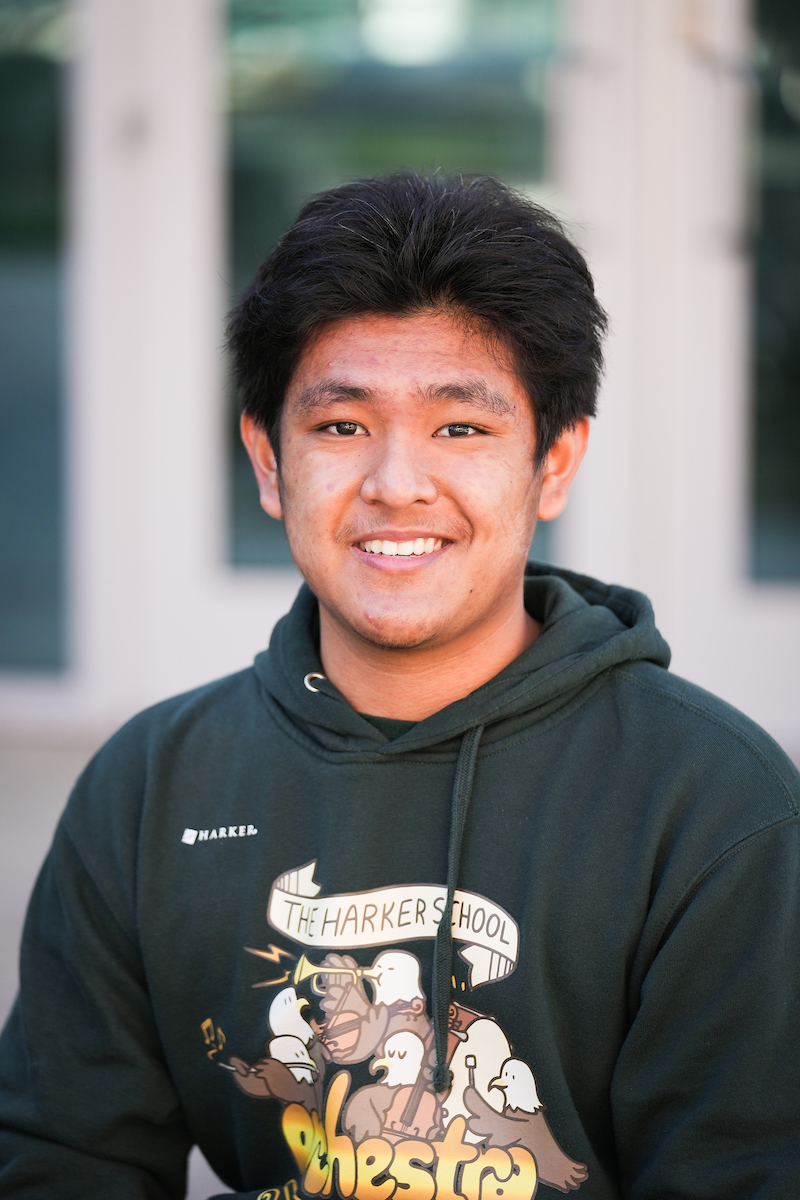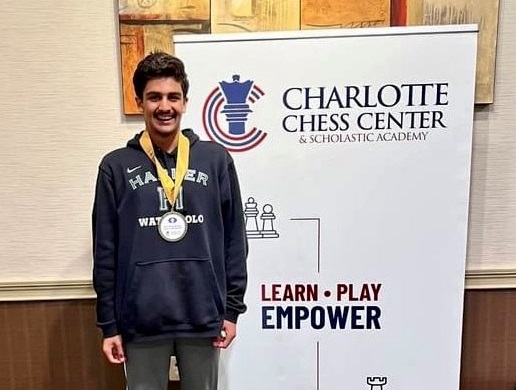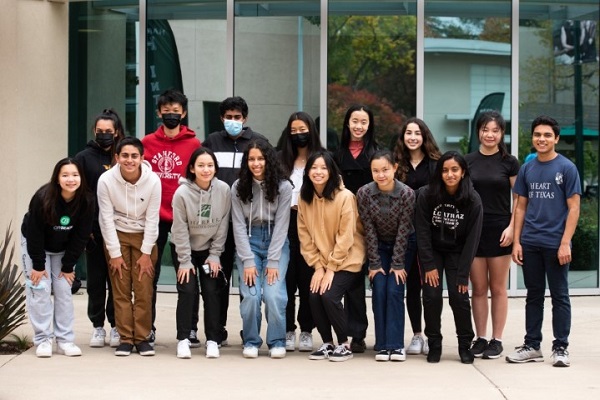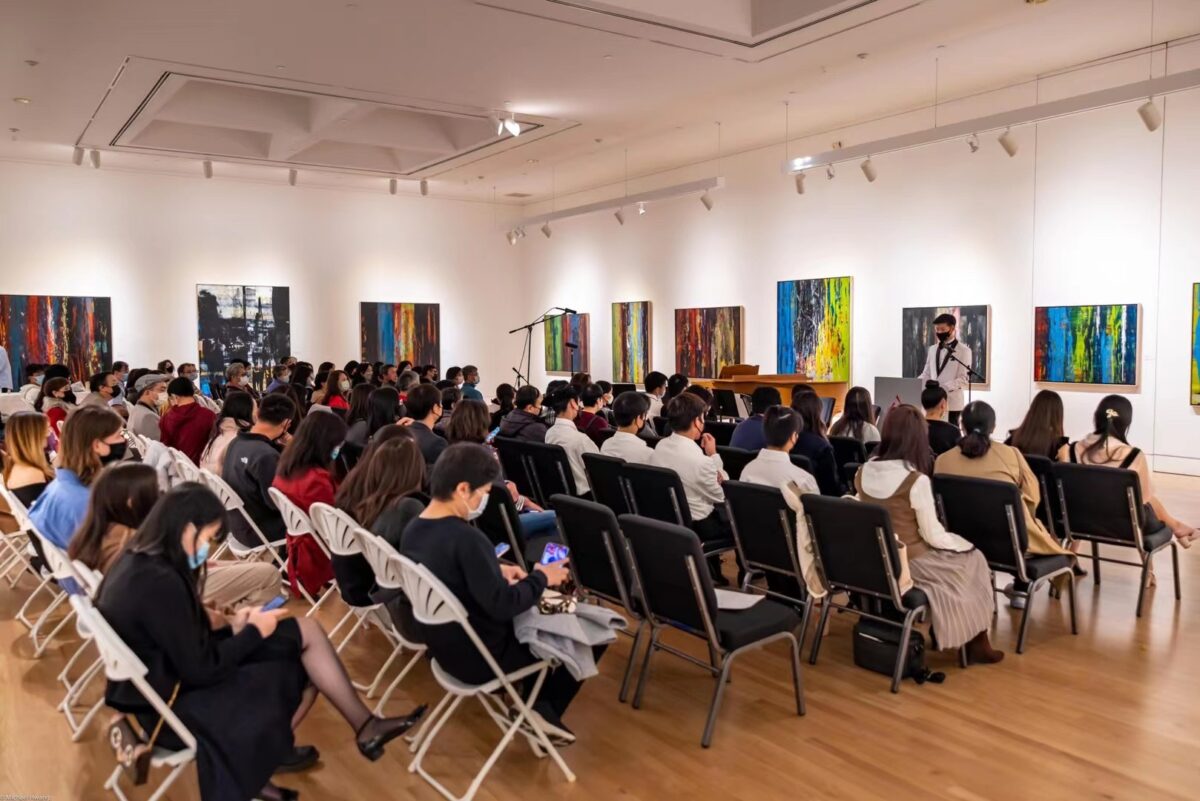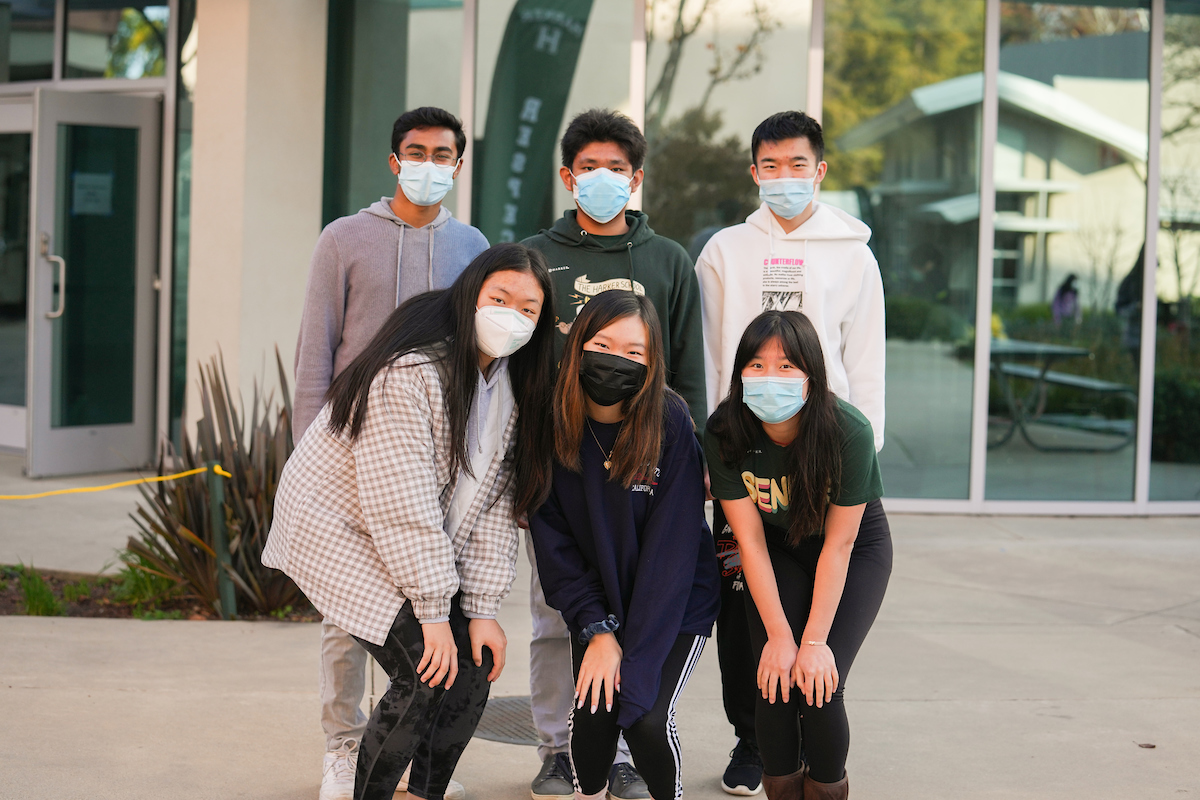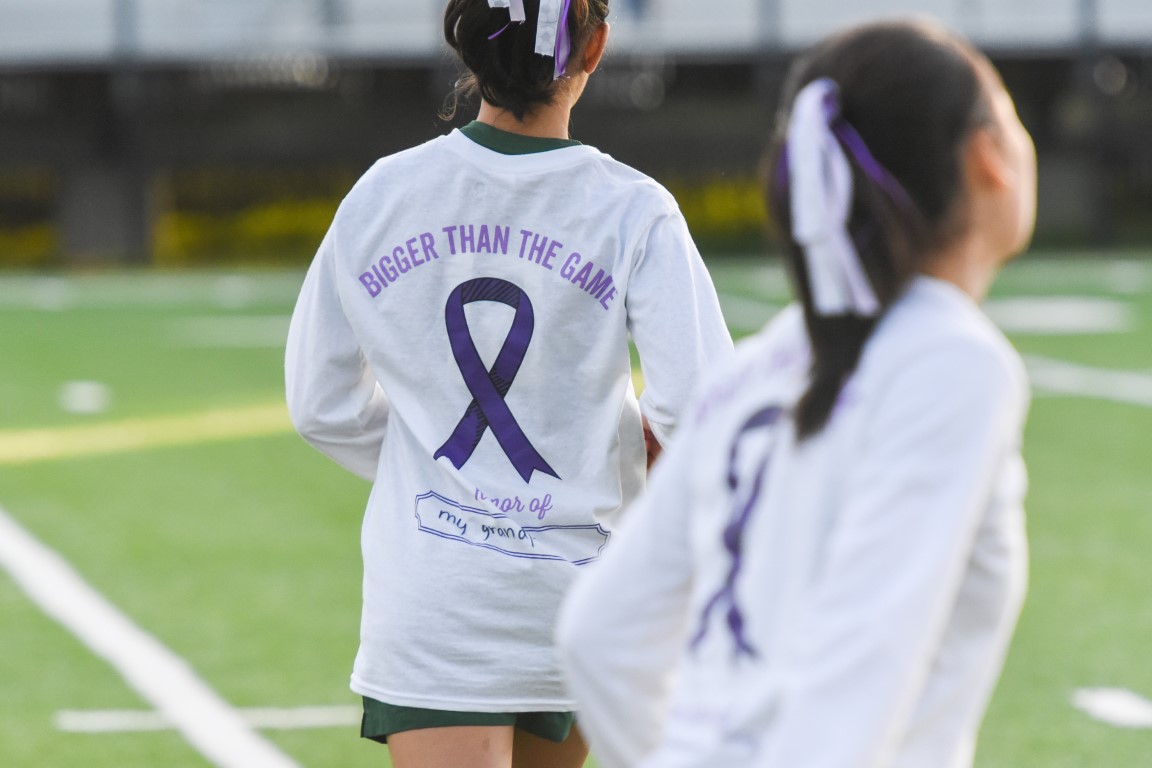On Thursday, the Society for Science and the Public announced that senior Rishab Parthasarathy is among the top 40 finalists in the 2022 Regeneron Science Talent Search.
eweekly
Grade 9 chess champ becomes FIDE International Master
Over the winter break, ninth grader and chess enthusiast took first place in the under-20 category at the North American Junior Chess Championship.
Journalism students speak with AP photo editor who covered US Capitol riot
On Monday, Harker journalism students spoke via Zoom with Jon Elswick, the Associated Press photo editor based in Washington, D.C., whose team covered the riot at the U.S. Capitol on Jan. 6 of last year.
Two students win silver in Ocean Awareness Contest
Michelle Wei, grade 10, and Helen Gu, grade 8, recently won Silver Awards for their submissions to the 2021 Ocean Awareness Contest.
Speech and debate enjoys successful fall semester
Harker speech and debate has had a wonderful first semester. Across 16 tournaments, students in all of the events have earned prestigious awards.
Student-organized benefit concert raises $18,000 for California Fire Foundation
On Dec. 4, a group of Harker students led by Harker sophomore Nathan Liu partnered with students from other Bay Area high schools to hold the second “Tribute to Fallen Heroes” concert, a special benefit concert supporting the California Fire Foundation.
Six seniors named top 300 Regeneron scholars, most for any California school
Six Harker seniors have been named to the top 300 scholars in the 2022 Regeneron Science Talent Search, the most of any California school.
Eagle Update: Girls basketball stays undefeated, boys qualify for CCS
Over the break, girls basketball improved to 12-0 and boys basketball went 3-1.
Middle school newspaper releases first issue
The new middle school student newspaper, the Eagle Gazette, was distributed to the campus community just before the winter break.
Kicks Against Cancer returns to benefit Camp Okizu
The annual Kicks Against Cancer fundraiser benefits Camp Okizu, the non-profit organization that provides outdoor activities and programs to families with children battling cancer.
